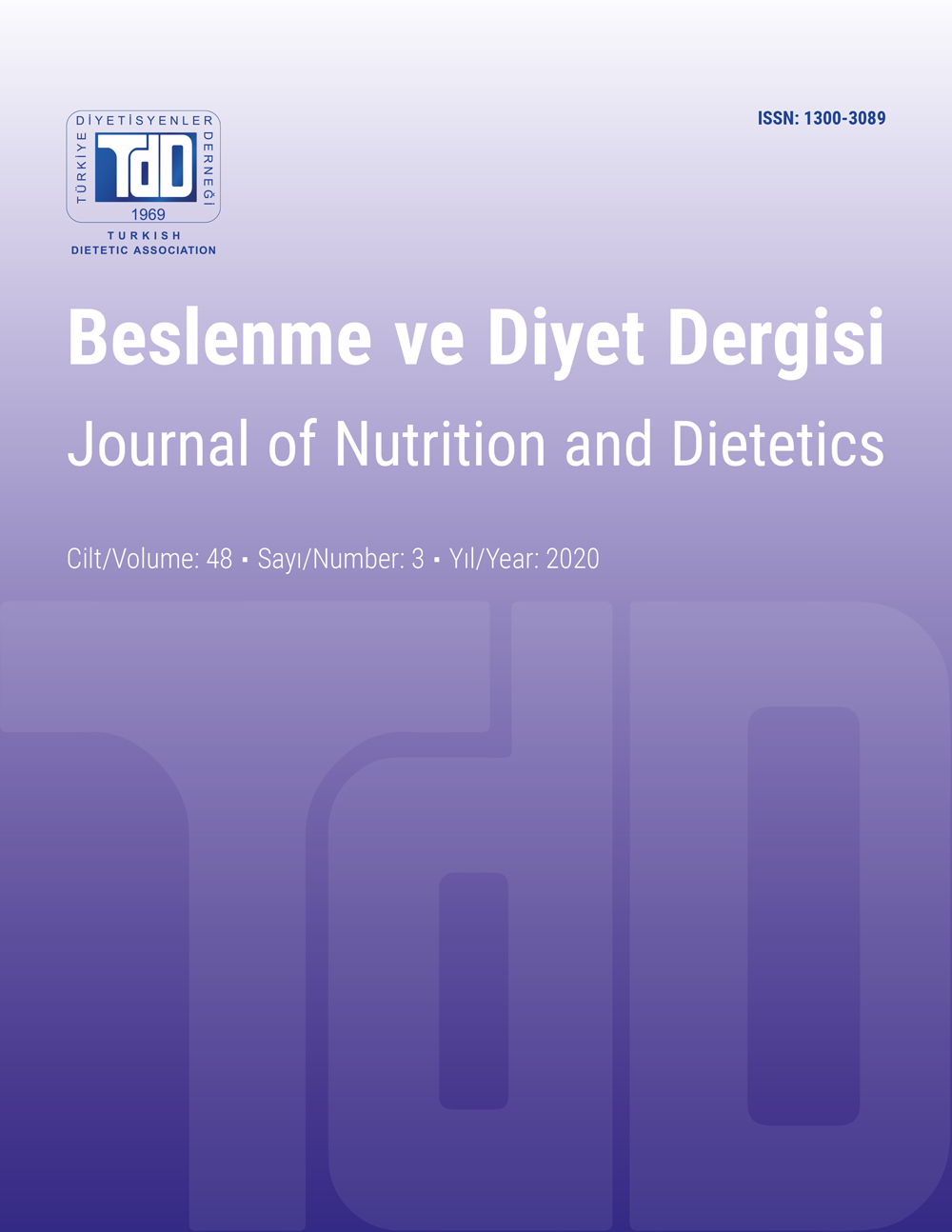The Molecular Mechanism of Hyperglycemia Induced Oxidative Stress in Diabetes
DOI:
https://doi.org/10.33076/2020.BDD.1411Keywords:
reactive oxygen species, hyperglycemia, oxidative stress, diabetesAbstract
Diabetes is a chronic endocrine metabolic disorder that is increasingly common all over the world. Oxidative stress as a result of increased blood glucose levels is held responsible for the development of diabetes and complications. The organism tends to maintain the balance between oxidant molecules and the antioxidant defense system that eliminates them. However, oxidative stress occurs as the balance between the production and neutralization of reactive oxygen and nitrogen species has deteriorated, and insufficient antioxidant capacity. It is stated that various metabolic pathways such as glycolysis, hexosamine and polyol due to hyperglycemia developing in diabetes show excessive activity and initiate the prooxidative process in individuals with diabetes. The products produced in these metabolic pathways alone can increase oxidation, as well as interfere with other pathways and intermediates, disrupting the oxidative balance. In this review, molecular causes of oxidative stress due to hyperglycemia in diabetes are summarized.

